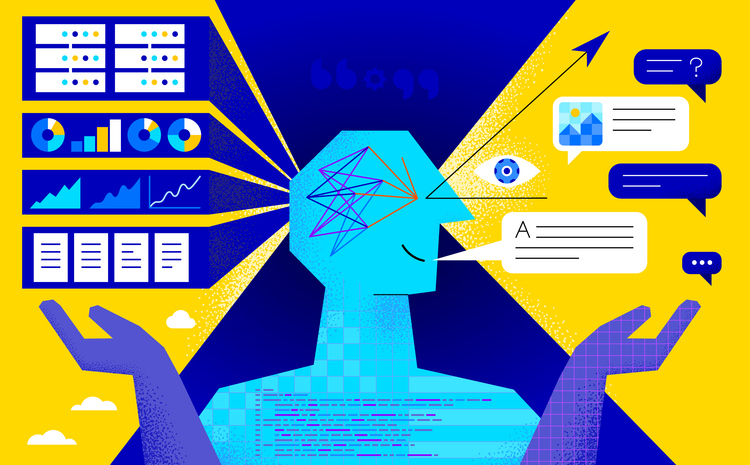Why AI Can’t Replace Human Skill in Deals
Second in a two-part series

Editor’s note: The first article in this series, “How AI is Transforming Negotiations,” can be read here.
***
The art of negotiation includes building relationships, establishing trust, striving for a win-win approach, listening actively, communicating effectively and understanding emotions and body language.
While artificial intelligence (AI) supercharges the science part of negotiations, it is not a magic wand. Its power lies in augmenting human decision-making, not replacing it. The negotiator’s intuition, experience and ethical compass remain crucial in interpreting the data, making final decisions, and navigating the human nuances of the interaction.
Establishing Trust and Building Relationships
A core tenet of negotiations centers around relationships, and the foundation of strong relationships is establishing trust between the participants. Trustful professional relationships stem from identifying common values and goals, acting with integrity, helping each other in times of need, being authentic, maintaining confidences and devoting time to get to know one another, including social events and professional activities.
Traditionally, trust and relationships were cultivated through in-person meetings. Throughout the coronavirus pandemic, more and more people built their business relationships via emails and virtual meetings. Now, in the post-pandemic hybrid world, the trend is in-person and virtual engagements.
The bottom line is that interaction — whether virtual or in person — is crucial to establishing trust and building relationships. Although AI can aid in crafting personalized emails that set the tone for the relationship, it cannot substitute for the human interaction and engagement required for building a meaningful relationship.
Active Listening And Emotional Intelligence
At its core, negotiation is a social interaction, a dance of influence, where we aim to understand and shape the perceptions, motivations and decision-making processes of our counterparts.
Effective negotiators recognize that people operate within a complex web of cognitive biases, emotions, motivations and real-time mental modeling. To keep up with this complexity, negotiators must be fully present to the unfolding realities of a live negotiation.
This means the negotiator has to listen to understand and not just listen to respond. Some of the skills that negotiators can employ include asking questions, summarizing issues at hand, paraphrasing and checking for understanding.
In addition, emotions play a pivotal role in negotiation dynamics. Positive emotions like trust and respect foster collaboration and open communication, while negative emotions like anger and frustration can hinder progress and damage relationships. Effective negotiators manage their own emotions and skillfully navigate the emotional landscape of their counterparts regardless of their behavior.
Understanding emotional cues through active listening and nonverbal communication can lead to fruitful outcomes. Skilled negotiators use empathy and emotional awareness to bridge divides and reach accords, structuring creative deals via a win-win approach.
AI as a Negotiation Support Tool
At least right now, AI cannot replace the need for active listening and managing emotions to communicate effectively. However, in the near future in a virtual negotiation, AI could aid in facilitating active listening via transcripts and the understanding of emotions through voice tone and body language.
AI is great at algorithms and scripted tasks. Since a live negotiation is unscripted, the negotiator (human) is the quarterback of the negotiation. AI can help the quarterback with insights that could be useful.
The key for purchasing and procurement managers right now is to start incorporating AI as a tool in the science of negotiation and to continue to improve their skills in the art of negotiation.


